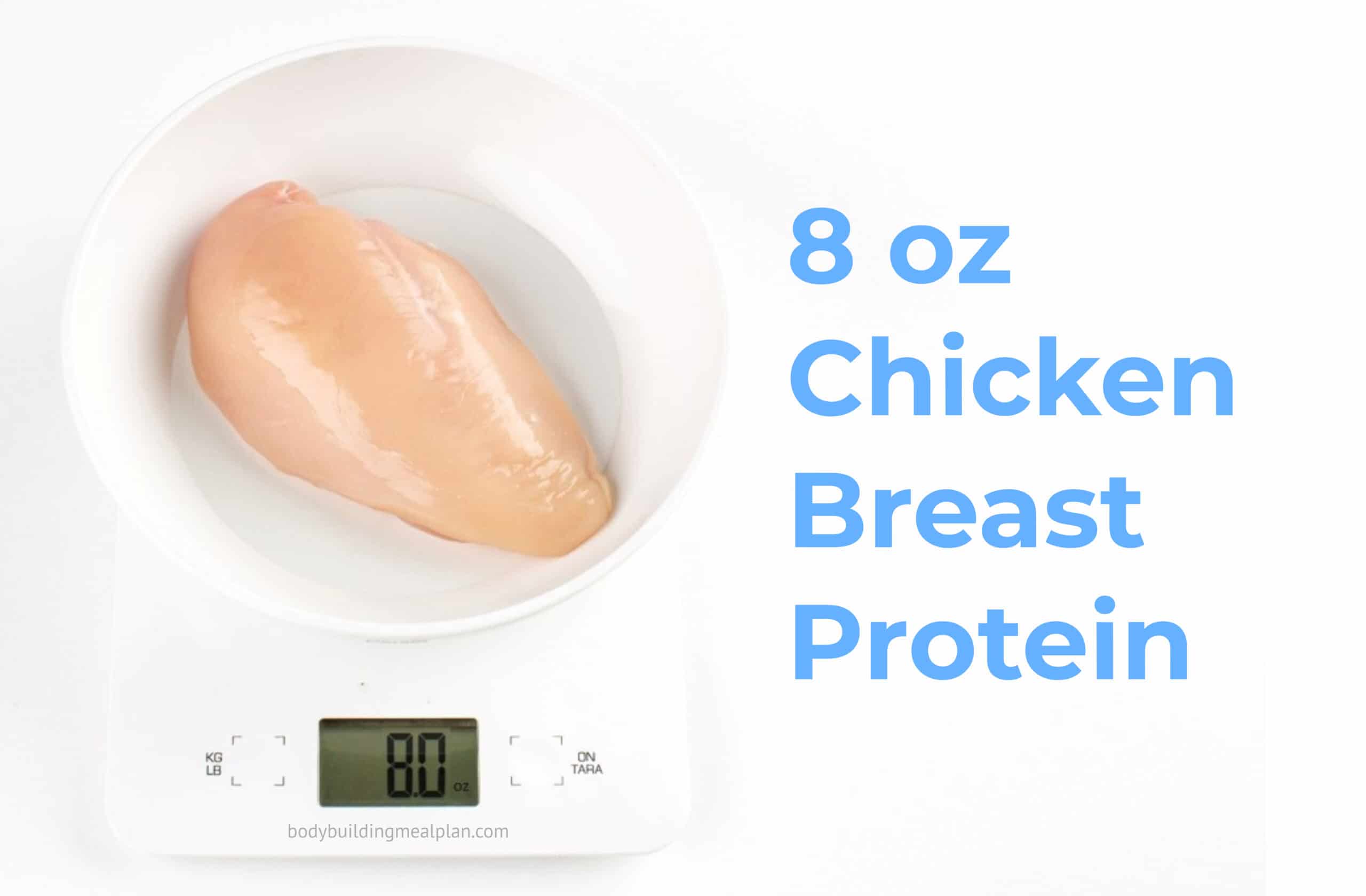Calories in 8 oz Chicken Breast: What You Need to Know

Straightforward Calorie Count
Chicken calories in 8 oz chicken breast is a popular protein choice for many health-conscious individuals, and for good reason. Not only is it an excellent source of lean protein, but it’s also relatively low in calories in 8 oz chicken breast. On average, a cooked, boneless, skinless 8 oz chicken breast contains approximately 260-280 calories. However, it’s important to note that cooking method can slightly affect calorie content. For example, baking or grilling will yield a lower calorie count compared to frying. Nonetheless, portion control is crucial, and understanding the average calorie count of chicken breast can help you make informed choices.
To reiterate, a cooked 8 oz chicken breast contains around 260-280 calories in 8 oz chicken breast. This information is essential for managing your daily calorie intake, especially if you’re tracking your macros or following a specific diet. Remember, portion control is key, and being mindful of cooking methods can help you make healthier choices. By incorporating chicken breast into your diet, you can reap the benefits of lean protein while keeping your calorie count in check.
Decoding the Numbers – A Deeper Look calories in 8 oz chicken breast
Understanding the calorie variations in chicken breast is crucial for making informed choices. Cooking methods play a significant role in calorie content, with baked or grilled chicken breast containing fewer calories in 8 oz chicken breast compared to fried. Additionally, chicken cuts and skin can impact calorie count. For instance, a boneless, skinless chicken breast contains fewer calories than a breast with skin. Even more, chicken thighs typically contain more calories than breasts due to their higher fat content.

Let’s break down the calorie counts for different variations of chicken breast. A cooked 8 oz boneless, skinless breast contains around 260-280 calories in 8 oz chicken breast , while a breast with skin contains approximately 360-380 calories. If you opt for fried chicken breast, expect a calorie count of around 440-460. Understanding these variations can help you make informed choices and adjust your cooking methods accordingly. By being mindful of calorie content, you can enjoy chicken breast while maintaining a balanced diet.
Chicken Breast: A calories in 8 oz chicken breast and Macro Powerhouse
Chicken breast is an excellent source of lean protein, making it a staple for many health enthusiasts. But what exactly does it offer in terms of macronutrients? Protein, carbohydrates, and fat are the three primary macronutrients, each playing a vital role in the body. Protein, in particular, is essential for muscle building and maintenance. A cooked 8 oz chicken breast contains approximately 37-40 grams of protein, 0-5 grams of fat, and 0-5 grams of carbohydrates.
The calorie content of chicken breast is closely related to its macronutrient breakdown. With a relatively low calorie count, chicken breast is an ideal choice for those monitoring their macros. The table below illustrates the calorie count and macronutrient breakdown for a cooked 8 oz chicken breast:
| calories in 8 oz chicken breast | Protein | Fat | Carbohydrates |
| 260-280 | 37-40g | 0-5g | 0-5g |
By understanding the relationship between calories in 8 oz chicken breast and macronutrients, you can make informed choices and optimize your diet for your specific needs.
Cooking Smart, Eating Light: Calorie-Conscious Chicken
When it comes to cooking chicken breast, the method you choose can significantly impact the calorie content. Baking and grilling are excellent options for a low-calorie, low-fat meal, while frying can add a substantial amount of calories in 8 oz chicken breast . Air-frying is a healthier alternative to traditional frying, using minimal oil and resulting in a crispy exterior and juicy interior.
Here’s a comparison chart for different cooking methods and their corresponding calorie counts for an 8 oz cooked chicken breast:
| Cooking Method | Calorie Count |
| Baked | 260-280 |
| Grilled | 260-280 |
| Fried | 440-460 |
| Air-Fried | 300-320 |
Remember, using minimal oil and removing skin before cooking can help reduce calorie content. Marinating chicken breast with herbs and spices can also add flavor without adding calories in 8 oz chicken breast . By making informed choices, you can enjoy a delicious and healthy chicken breast dish.
Chicken Breast: Your calories in 8 oz chicken breast -Controlled Diet Ally
Chicken breast is a versatile protein source that can be incorporated into a variety of dishes, making it an excellent addition to a calorie-controlled diet. With its high protein content and low calorie count, chicken breast can help you feel full for longer, reducing the likelihood of overeating.
Here are some sample meal ideas with estimated calorie counts per serving:
| Meal Idea | Calorie Count |
| Grilled Chicken Breast with Roasted Vegetables | 350-380 |
| Baked Chicken Breast with Quinoa and Steamed Broccoli | 320-350 |
| Chicken Breast Salad with Mixed Greens and Balsamic Vinaigrette | 280-320 |
Remember to master portion control using measuring tools and focus on nutrient-rich accompaniments like vegetables and whole grains to complete a balanced meal.
conclusion
In conclusion, calories in 8 oz chicken breast the calorie content of chicken breast is crucial for making informed choices about your diet. With an average calorie count of 260-280 per 8 oz serving, chicken breast is a lean protein source that can be incorporated into a variety of dishes. Factors such as cooking method, chicken cut, and skin removal can affect calorie content, and being mindful of these variations can help you manage your daily calorie intake. Additionally, chicken breast is an excellent source of protein, which is essential for muscle building and maintenance. By mastering portion control and pairing chicken breast with nutrient-rich accompaniments, you can enjoy a balanced and healthy meal. Whether you’re tracking your macros or following a specific diet, chicken breast is a valuable tool for achieving your calorie and nutrition goals.

